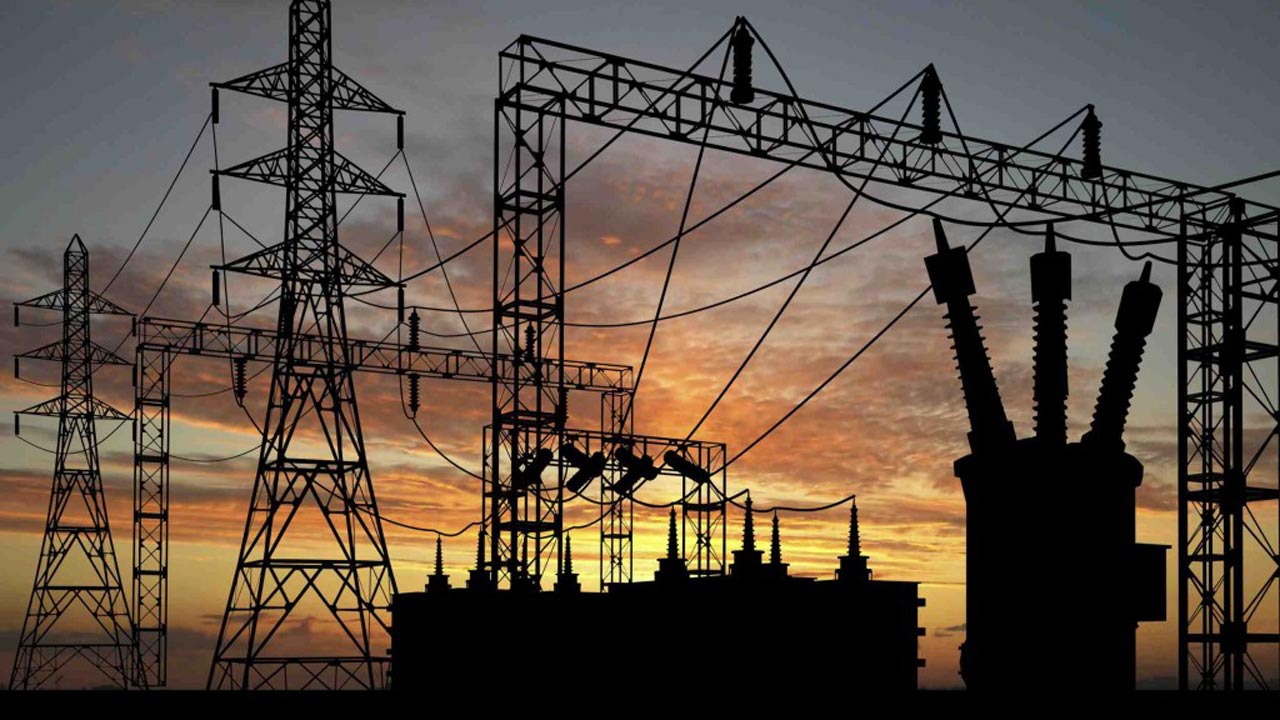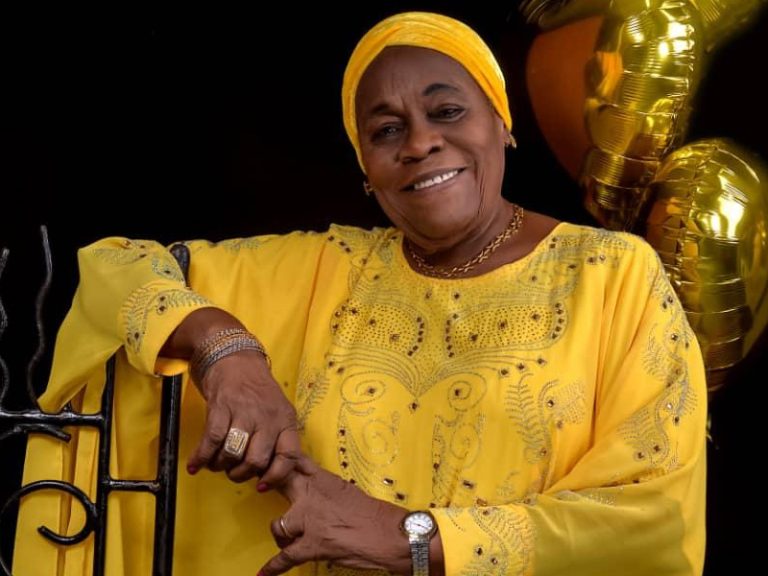
Nigeria was hit by yet another nationwide blackout on Wednesday following a collapse of the national electricity grid, plunging homes and businesses across the country into darkness.
According to power monitoring sources, electricity generation nosedived from 2,917.83 megawatts (MW) to just 1.5MW between 11:00 a.m. and 12:00 p.m., crippling power distribution across nearly all regions.
Shortly after the incident, @NgNationalGrid, an X (formerly Twitter) account that monitors power supply in real-time, confirmed the failure, stating, “System restoration is in progress.”
In a follow-up post, the same account noted that load allocations to all electricity distribution companies (DisCos), except Ibadan DisCo, had dropped to zero.
For context, “Disco load” refers to the amount of power (in megawatts) assigned from the national grid to individual distribution companies for supply to consumers.
The Abuja Electricity Distribution Company (AEDC) also issued a statement via its verified X handle, confirming that the outage began at around 11:23 a.m., affecting all areas within its coverage.
“Please be informed that the power outage currently being experienced is due to a loss of supply from the national grid at about 11:23 a.m. on Wednesday,” the AEDC stated.
The company assured customers that efforts were ongoing to restore supply as soon as the grid stabilizes, and that it was working closely with other stakeholders to manage the situation.
The Nigerian Independent System Operator (NISO), the agency responsible for managing electricity transmission across the country, later revealed that the grid collapse was triggered by a tripping incident at one of the generation companies (GenCos).
“The system suffered a disturbance at 11:20 a.m. on September 10, 2025, following the tripping of a GenCo, which led to a significant load drop and cascaded to other power plants,” NISO said in a statement.
Recovery operations began at 11:45 a.m., starting with energy supplied from the Shiroro Hydroelectric Power Station to Abuja, with “substantial restoration already achieved nationwide.”
NISO added that a full investigation is underway to determine both the immediate and root causes of the collapse. The agency promised that the final report would guide corrective and preventive actions to avoid future disturbances.
This latest collapse adds to a string of recurring grid failures plaguing Nigeria’s fragile electricity infrastructure, drawing renewed criticism from citizens, labor unions, and industry experts.
Only last month, the Nigeria Labour Congress (NLC) described the country’s power sector as a “cash cow for cabals,” accusing operators of exploiting the system while the public pays for darkness.
Meanwhile, opposition voices, including former presidential candidate Peter Obi, have seized the moment to criticize the federal government, questioning the success of its power sector reforms.
“No light, no second term vote,” Obi wrote in a recent social media post, taunting the Tinubu-led administration over worsening electricity reliability.



